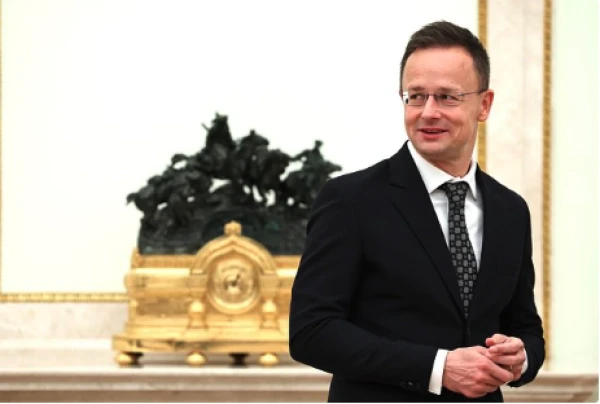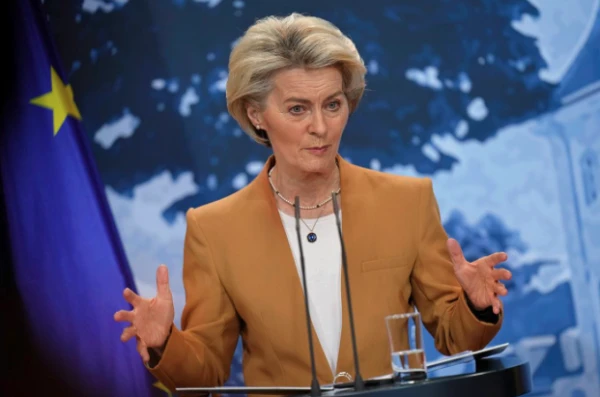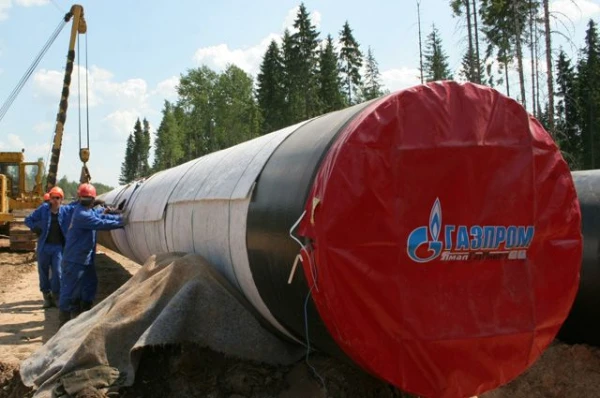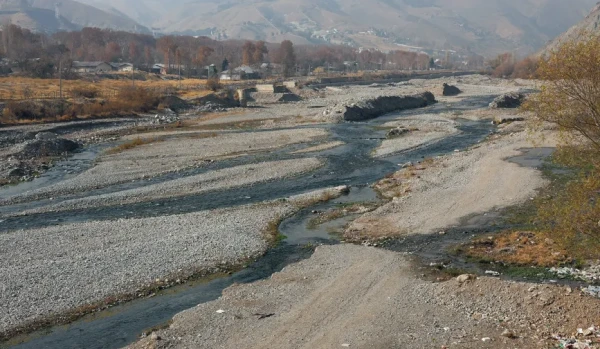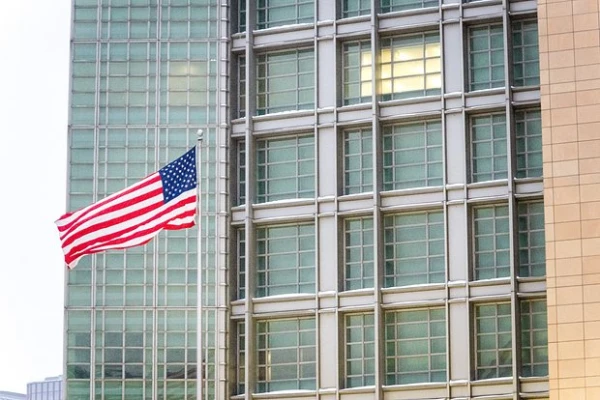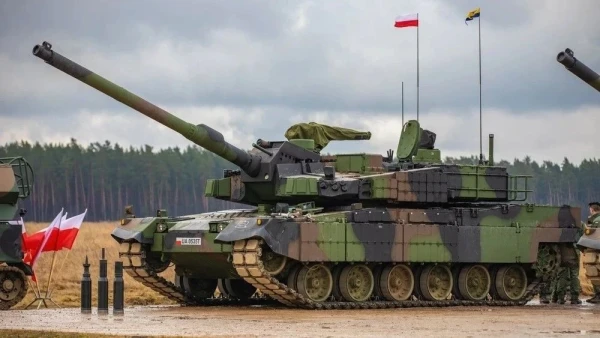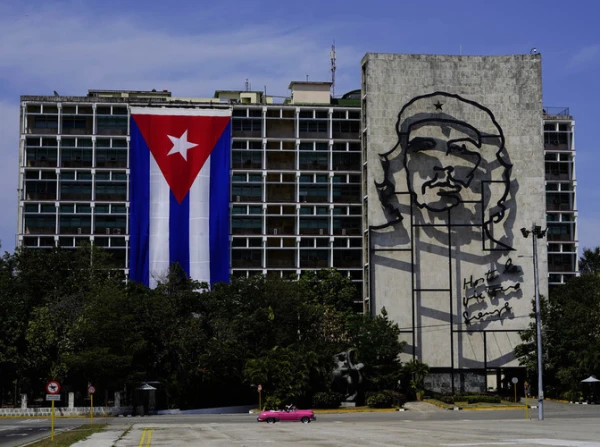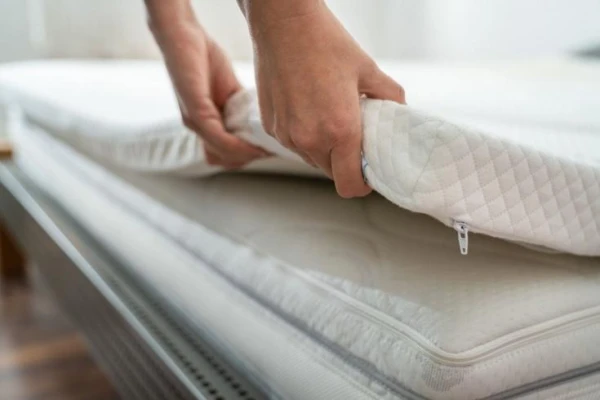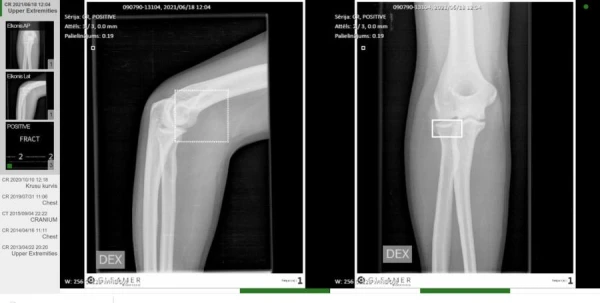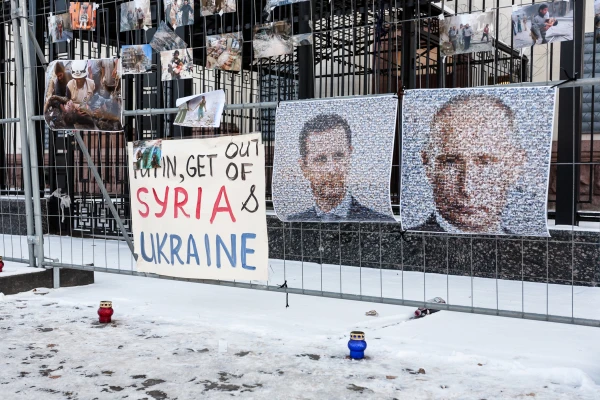
Ousted dictator Bashar Assad has found asylum in Russia after his removal from power. Negotiations are taking place behind closed doors. Another topic of discussion is the Russian military bases in Syria.
The interim president of Syria, Ahmed al-Sharaa, arrived in Moscow on Wednesday for an unprecedented official visit, less than a year after he led a rapid offensive by rebels that ousted one of Russia's main foreign allies, dictator Bashar Assad.
Assad was an ally of Russia, and Moscow's intervention to support him ten years ago changed the course of the civil war in Syria, keeping Assad in power for many years until his swift ousting in December.
Now, al-Sharaa, who was warmly welcomed in the Kremlin, is expected to demand Assad's extradition so he can stand trial at home.
Al-Sharaa, who has been courting the U.S. and the West since coming to power in December 2024, takes a pragmatic approach to relations with Moscow, allowing Russia to maintain control over its air and naval bases on the Syrian coast.
Ahead of the meeting, the Kremlin stated that the issue of the future of the bases is on Moscow's agenda.
Al-Sharaa did not mention the Russian bases in his brief televised address at the start of the meeting, but emphasized the "historical ties" between the countries and noted the importance of their development.
In turn, Russian President Vladimir Putin praised him for organizing parliamentary elections in Syria, which, according to Putin, were a "great success."
Assad - A Complicated Topic for Moscow
Moscow, focused on its full-scale war against Ukraine and maintaining only a small military contingent in Syria, has not attempted to come to Assad's aid or assist in repelling the rebel offensive. However, Russia provided asylum to Assad after he fled the country.
In a recent interview with CBS News' "60 Minutes," Ahmed al-Sharaa stated that the Syrian authorities "will use all available legal means" to demand a trial for Assad.
The Kremlin has so far largely avoided this topic.
Speaking to reporters on Monday, Russian Foreign Minister Sergey Lavrov emphasized that Moscow provided asylum to Assad on humanitarian grounds, as "he and his family faced physical annihilation."
Lavrov dismissed claims that the former president of Syria had recently been treated for poisoning, stating that he "had no problems living in our capital, and there was no poisoning."
Ahmed al-Sharaa's high-level trip to Moscow followed visits by Russian delegations to Damascus in January and September, while Syrian Foreign Minister Assad al-Shibani visited Moscow in July.
For the new Syrian government, maintaining ties with Russia is crucial for rebuilding the war-torn country and provides an opportunity to diversify foreign policy.
For the Kremlin, it is important to keep its naval and air bases in Syria - outposts that are critical for maintaining Russia's military presence in the Mediterranean.
In the CBS interview, al-Sharaa noted that "Russia has close and long-standing relations with Syria, which pertain to the basic structure of the state, energy, and food, in which Syria partially depends on Russian supplies, as well as some old strategic interests."
"A Tough Guy, A Strong Past"
The war in Syria, which began in March 2011, has claimed nearly 500,000 lives, and half of the pre-war population of 23 million has been forced to leave their homes. More than 5 million Syrians have fled, some to Europe.
Although many Syrians initially hoped for stability after Assad's ousting, attacks on members of the Alawite minority in March and the Druze minority in July claimed hundreds of lives and revived security concerns.
In May, Ahmed al-Sharaa held a personal meeting with U.S. President Donald Trump, during which Trump praised the new Syrian leader, calling him "a young, attractive guy."
"A tough guy. Strong past. Very strong past. A fighter," Trump said.
"He has a real chance to stay afloat... He is a real leader. He led a squad, and he is just amazing," the U.S. president added.
The meeting between the two leaders paved the way for the lifting of U.S. sanctions imposed against Assad to pressure his regime amid reports of war crimes and human rights violations.
